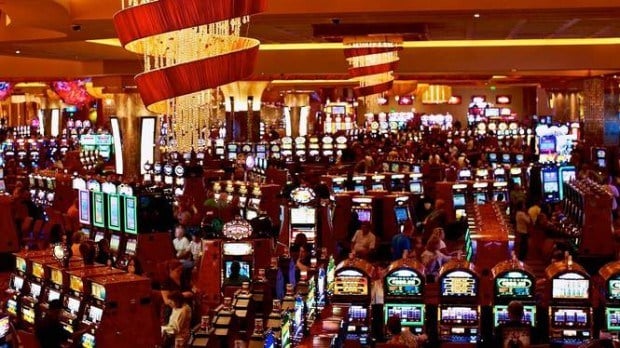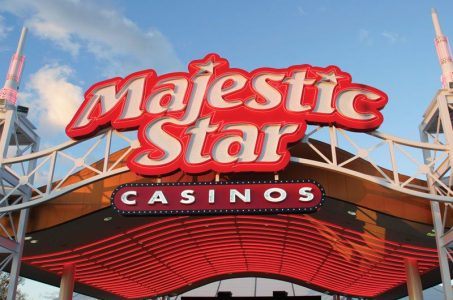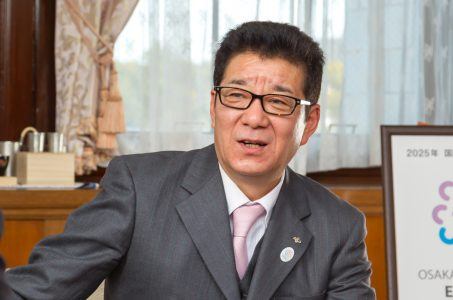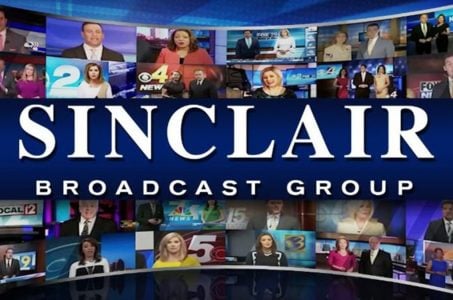Pennsylvania Local Casino Tax Violates State Law, High Court Says
Posted on: October 1, 2016, 02:00h.
Last updated on: September 30, 2016, 04:20h.

Casino tax laws in Pennsylvania mandate that venues share at least $10 million in slot revenue each year with their local municipalities. The Pennsylvania Supreme Court ruled that directive unconstitutional this week.
The Mount Airy Casino Resort in the Poconos brought the legal challenge in August on grounds that casinos are paying fluctuating tax rates on slot revenue.
“The municipal local share assessment violates the Uniformity Clause,” the Pennsylvania Supreme Court stated. “We hold that the local share assessment is a non-uniform tax.”
Soon after Pennsylvania legalized casino gaming in 2004, a bill was passed that required casinos to pay two percent of their gross slot revenue, or $10 million, whichever is greater, to the city or township in which they’re located. Since casinos would need to generate $500 million from slots each year to reach the $10 million plateau, a feat none of the state’s 12 casinos have accomplished to date, they all pay $10 million.
That means a casino pulling in $100 million from slots pays a lesser tax rate than a $50 million casino.
Communities Impacted
The casino tax law that was deemed unconstitutional this week made sure local communities, and not just Harrisburg, benefited from legalized commercial gaming.
Receiving $10 million each year for the local budget is certainly significant. In fact, in many smaller counties, the casino tax covers the majority of the local government’s expenditures.
“We are mindful that our decision may significantly affect many counties and municipalities,” the high court said in its ruling. “For this reason, we will stay our decision for 120 days in order to afford the General Assembly an opportunity to evaluate potential remedial measures.”
Pennsylvania legislators are already in session to debate how to pay for the 2016-17 fiscal operating budget they passed in July. Gambling expansion, including online gaming, is one area expected to be authorized in order to grow income.
“We are taking the time to review the details of the decision, the consequences of which could be far reaching,” Jennifer Kocher, spokeswoman for Senate Majority Leader Jake Corman (R-District 34), told The Philadelphia Inquirer.
Keystone Losses
Unless the state’s General Assembly acts within the next four months, communities will see millions of dollars lost.
Mount Airy collected $139.1 million in slot revenue in 2015. At a two percent tax rate, it would have paid Mount Pocono in Monroe County only $2.78 million, $7.22 million less than the $10 million check it actually wrote.
“The ruling also represents a broken promise by the casinos to contribute to the host city as a condition of the granting of their license, and a promise that they voluntarily made when applying for their license,” Pittsburgh Mayor Bill Peduto (D) said through his spokesman. “We intend to pursue all available legislative and legal channels to hold them accountable.”
According to the Pennsylvania Gaming Control Board, municipalities stand to lose over $140 million statewide each year if the Supreme Court decision isn’t alleviated.
Related News Articles
MGM Japan to Open in 2025, CEO Jim Murren Hints
Indiana Casino Says Smoking Ban Would Cost 400 Jobs, $3 Million Annually
Osaka Casino Up and Running by 2023 Despite Hurdles, Says Governor
Most Popular
LOST VEGAS: ‘Tony The Ant’ Spilotro’s Circus Circus Gift Shop
Las Vegas Overstated F1 Race’s Vegas Impact — Report
Mega Millions Reportedly Mulling Substantial Ticket Price Increase
Las Vegas Strip Stabbing Near The Strat Leaves One Man Dead
Most Commented
-
End of the Line for Las Vegas Monorail
— April 5, 2024 — 90 Comments -
Mega Millions Reportedly Mulling Substantial Ticket Price Increase
— April 16, 2024 — 6 Comments -
Long Island Casino Opponents Love New York Licensing Delays
— March 27, 2024 — 5 Comments -
Sinclair Broadcast Group Selling 7.91 Million Bally’s Shares
— April 12, 2024 — 4 Comments
















No comments yet